States Brace for Catastrophic Budget Cuts
The ink is barely dry on President Trump"s sweeping domestic policy law, yet state leaders are sounding the alarm about the dire consequences for public health and welfare. With an estimated $863 billion reduction in federal Medicaid funding looming over the next decade, states are left to grapple with an unprecedented fiscal crisis. This isn"t just a number; it translates to millions of vulnerable Americans potentially losing their health coverage and food assistance.
Governors Call for Urgent Action
Democratic governors like JB Pritzker of Illinois and Katie Hobbs of Arizona are already preparing their states for the fallout. Pritzker has indicated that Illinois might call a special legislative session to address the impending funding shortfalls, despite already allocating $100 million to cover existing deficiencies. Meanwhile, Hobbs has expressed grave concerns about the inadequacy of her state’s $1.6 billion emergency fund, stating, "even if we cut every single thing in the state, we don’t have the money to backfill all these cuts." These urgent warnings highlight the impending crisis that threatens to unravel the progress made in public health and welfare initiatives.
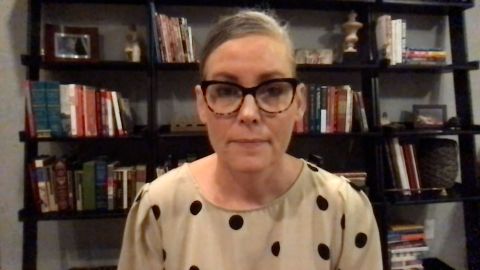
Katie Hobbs says White House isn"t "doing enough" about the border ...
Work Requirements Will Burden State Agencies
The new law introduces complex work requirements for Medicaid and food aid, further complicating an already strained state administration. As reported by GAO, states will need to navigate these additional bureaucratic hurdles while managing their own budgetary constraints. The expectation placed on state governments to absorb these costs is not only unrealistic but also potentially devastating to public health infrastructure. States with higher poverty rates are particularly vulnerable, as they rely more heavily on federal funds to support their citizens.
Economic Strain on Public Health Initiatives
As if the situation weren’t dire enough, many states are already contending with a slowing economy. According to GAO, the conflicts over budget control have left states at the mercy of federal spending cuts implemented by the Department of Government Efficiency, led by Elon Musk. The economic strain is felt across the board, and it’s clear that slashing funding for Medicaid and food assistance will only exacerbate existing health disparities. Public health programs that were already on fragile ground may collapse under this new pressure.
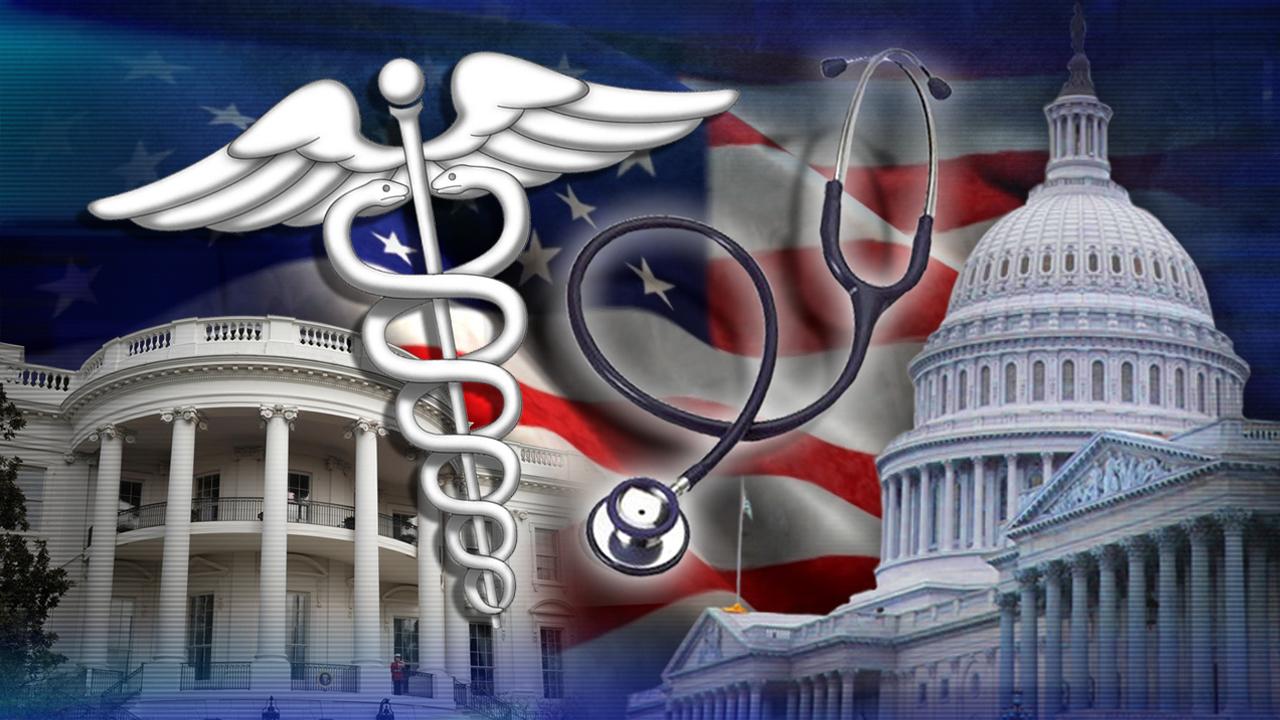
Top Medicaid aide defies Trump over health care bill | Fox News Video
Consequences for the Most Vulnerable Populations
The implications of these cuts are staggering. An analysis by GWU estimates that the House bill could result in a loss of $12 billion in state and local tax revenue, further widening the gap in health and economic equity. Vulnerable populations, particularly low-income families and individuals with disabilities, will bear the brunt of these cuts. The potential loss of health insurance for millions reflects a systemic failure in prioritizing the well-being of all citizens.
Calls for Systemic Change
As the situation develops, it is crucial for progressive leaders and policymakers to advocate for systemic change that prioritizes equitable healthcare access. The current trajectory, driven by the new law, risks rolling back years of progress in public health policy. It is imperative that we hold our elected officials accountable and demand a healthcare system that works for everyone, not just the privileged few.
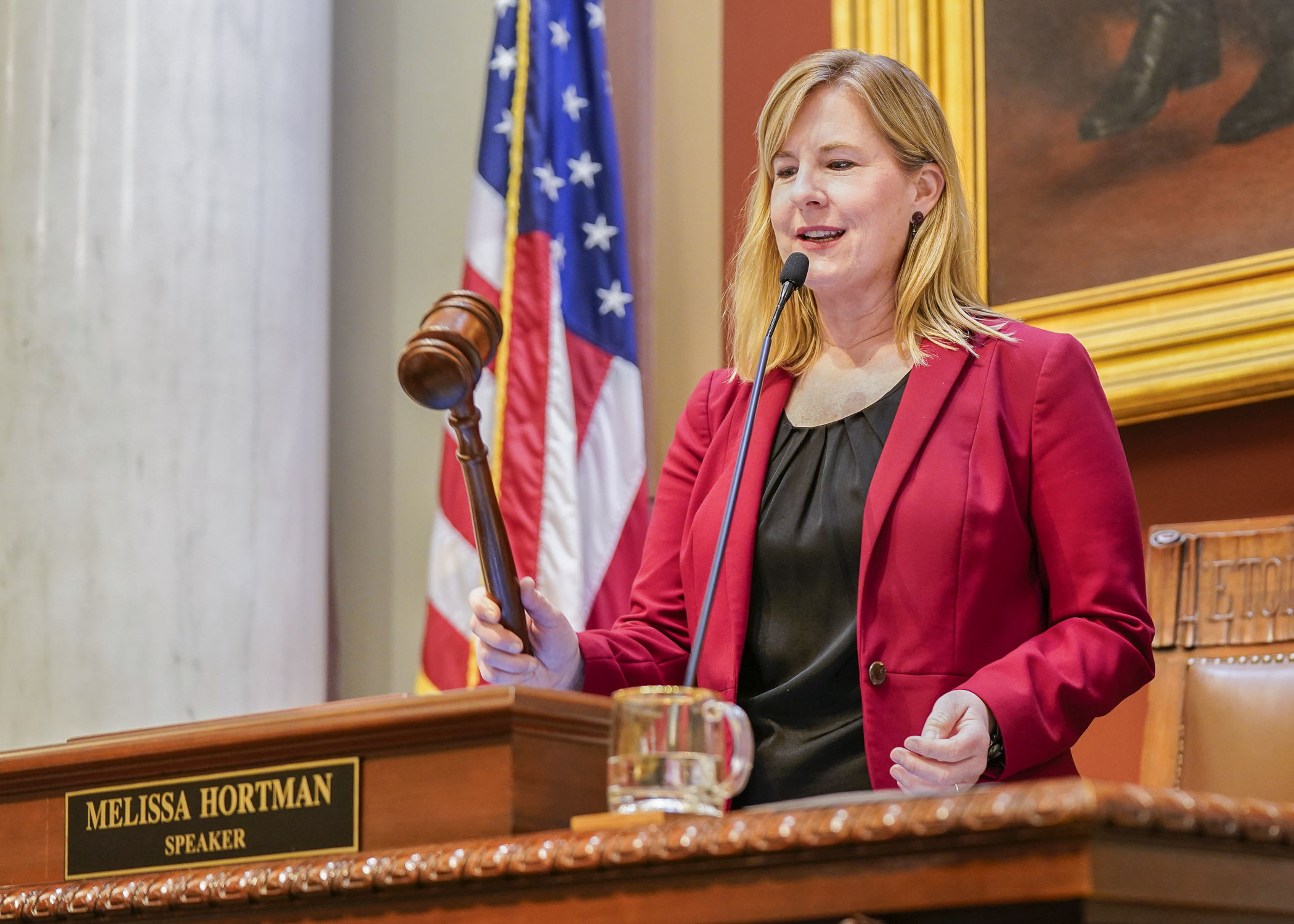
Hortmans and their dog to lie in state Friday at Capitol - Session ...
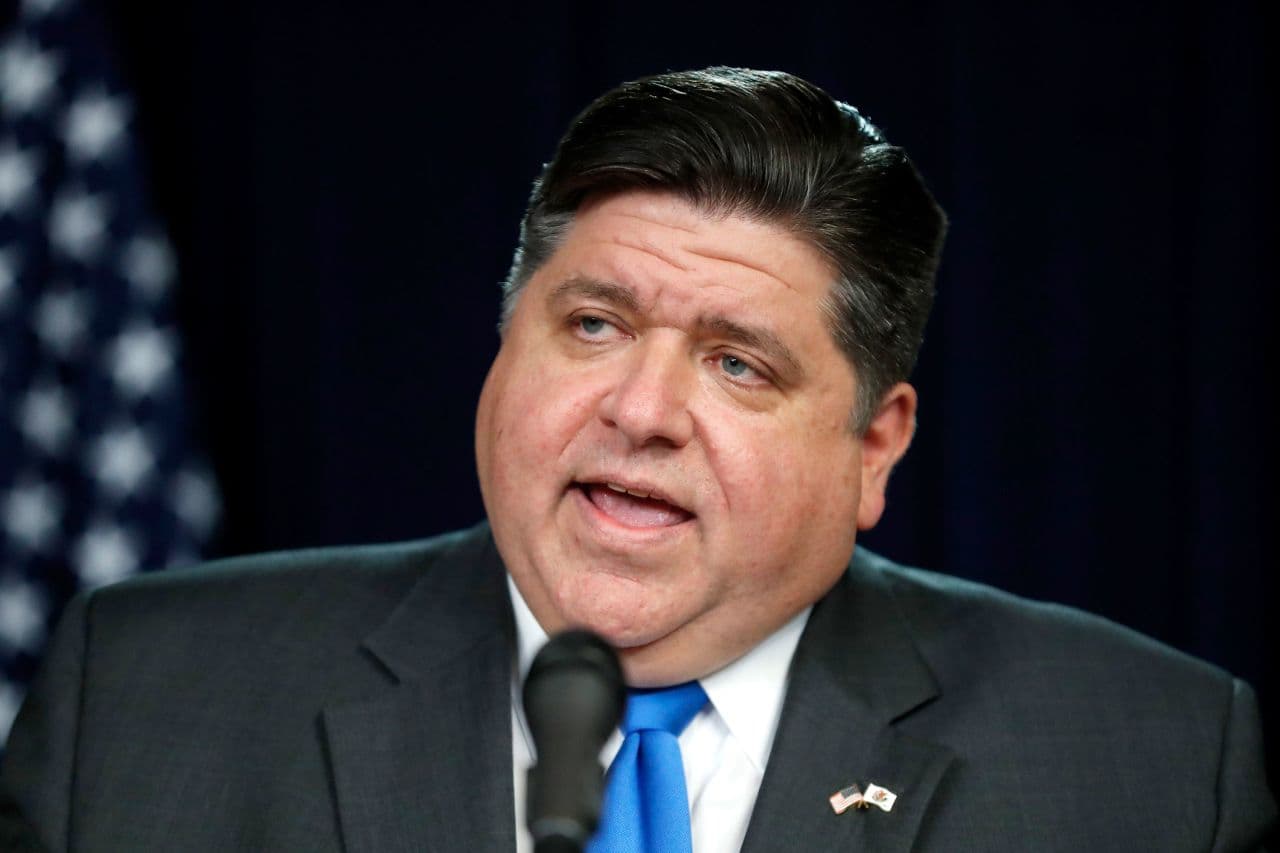
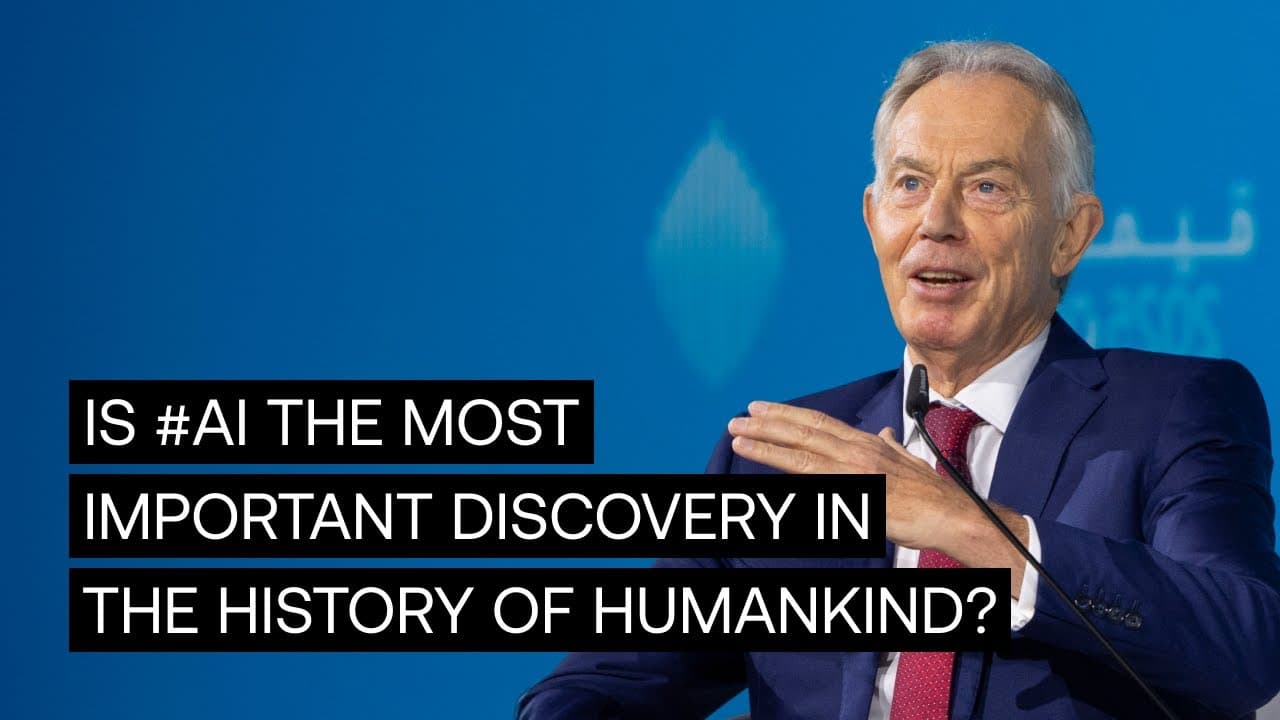





![[Video] Gunfire between Iraqi security forces and Sadr militias in Baghdad](/_next/image?url=%2Fapi%2Fimage%2Fthumbnails%2Fthumbnail-1768343508874-4redb-thumbnail.jpg&w=3840&q=75)
